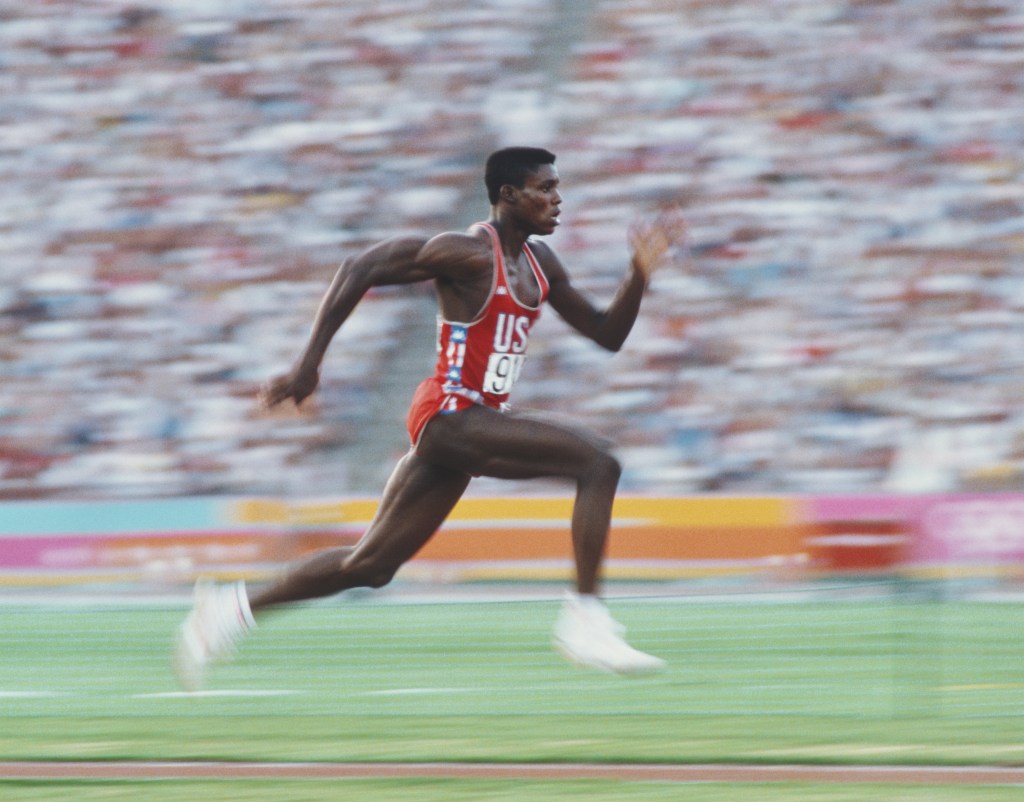Deadlines are useful, but it’s your capacity that will drive your success.

Olympian Carl Lewis, a nine-time gold medallist sprinter, was known as a “master finisher”. Interestingly for us, he was considered to be a slow starter. In a 100-metre sprint, he was often either last or second to last at the 40-metre mark, but breezed past other competitors by the finish line. Contrary to common sense, he did nothing special towards the end. His breathing and form remained the same throughout the race.
While other runners were clearly having to push harder at the end – clenching their fists, scrunching their faces – Carl Lewis looked exactly the same when he won the race as he had at the start.
It came to be understood later that while others were performing at full throttle, Carl Lewis was running at 85% from start to finish. Carl had the capacity to adapt if necessary to competitors and race conditions.
We could all use a measure of adaptive capacity for the same reasons.
Broadly, and more scientifically, adaptive capacity can be described as the ability or capacity of a system to modify or change its characteristics or behaviour in response to existing or anticipated external stresses. The term is used often to describe adaptations to climate change.
This is not new thinking. Darwin’s theory of natural selection argues that a species’ adaptive capacity influences the extent to which it is able to adapt and thrive in a changed environment.
For our purposes, it simply points to whether we have the mental, physical and temporal space to respond positively when things don’t go according to plan, and even to seize opportunities that may exist as a result of new conditions.
The more we become conscious of our own working styles and the volume of work we need to complete, the more we become conscious of our capacity and what our margins are, and the less likely we are to fall for the planning fallacy (underestimating how long specific tasks will take – sometimes by up to half).
Your capacity is a product of your time, energy and attention
While energy and attention are a little harder to quantify than time available, it’s your margin that will have the biggest impact on them. A 15% margin gives you the space and additional resources to avoid burnout and take care of yourself.
What if you were to focus 100% on fewer things? Imagine if you were able to fully complete one project or significant piece of work every day for 30 days. Would you be in a better position than you are in now?
How to have adaptive capacity
- Protect 15% of your diary from meetings or other scheduled work. This would be 1.2 hours per day (based on an eight-hour day) or six hours per week. The bigger the block, the better for being able to take advantage of that time.
- Schedule it for a time when you are likely to not be interrupted. For many, that’s first thing in the morning, however one of my clients has said that the second two hours is the best time. They make themselves available to their team for the first two hours of the workday which was the time they were most likely to be interrupted, then were able to protect the time late morning. Others like to leave it to the end of the day, not accepting any meetings after 4pm.
- Use this time to focus on things that your future self will thank you for. The rest of your day can be for reactive work. This is time that you can shift your activity horizon from behind you (urgent and overdue) to in front of you (strategic and intentional).
- Set boundaries with yourself and your team to protect the time. One of my clients has found that her team loves her thinking time. They have said that it has made her a better and more accessible leader when she protects this time.
Questions to consider:
- How much time can you block out in your diary that you feel you will be able to protect, no matter what?
- When someone asks you for that time, what will you say? Rehearse this so it rolls off the tongue and doesn’t sound like a rejection.
- What would it take to keep that time sacrosanct? What would you be sacrificing if you were to give up that time?
Deadlines are useful, but it’s your capacity that will drive your success.
Donna McGeorge is a best-selling author and global authority on productivity. Her book series, It’s About Time covers meetings, structing your day, and doing more with less. Find out more about Donna at Donna McGeorge: Speaker, Author, Facilitator, Coach